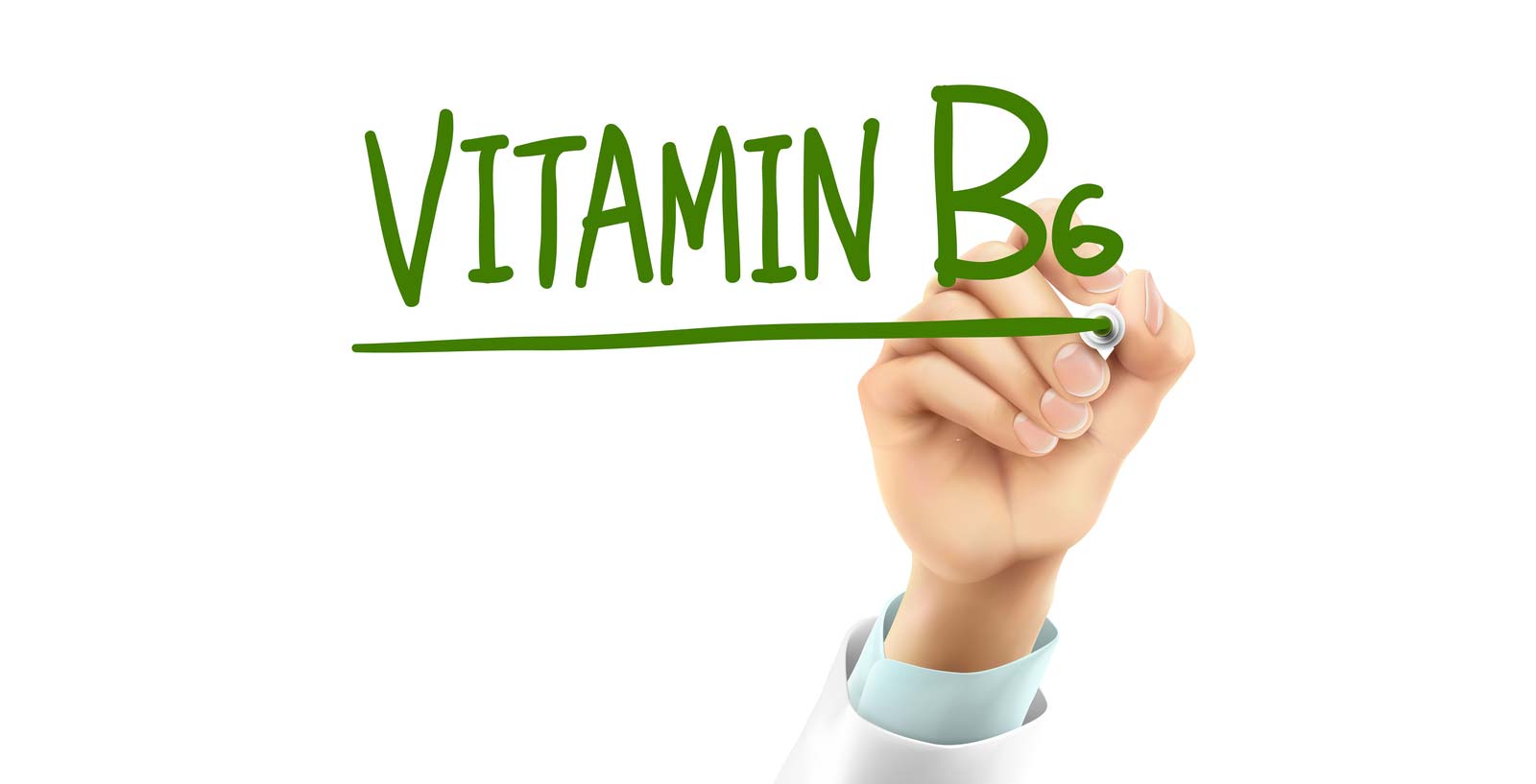When it comes to starting and maintaining a healthy lifestyle, almost everybody knows that there are two basic rules to follow. Firstly, you have to eat the right foods, and you have to eat only as much as you really need. Secondly, you need to go out and get enough exercise in order to burn off extra fat as well as develop your strength and endurance. However, this might not be enough for some people, depending on their individual needs. This is where nutritional supplements can come in, providing all of the vitamins and minerals that one may be missing out on. Besides making up for deficiencies in the body, these supplements can also keep your hormones balanced. In this post, we will take a look at some of them, particularly vitamin D, vitamin C, and vitamin B6.
Vitamin B6
Also known as pyridoxine or pyridoxal-5-phospate (PHP), this vitamin assists in metabolizing estrogen. Vitamin B6 has also been shown to alleviate certain symptoms experienced due to pre-menstrual syndrome. According to a study that was published in the British Medical Journal, women who received at least 100 milligrams each day experienced less depression and were much less irritable. They also found that this vitamin improved their memory, eased their anxiety, and made them feel a lot less bloated.
Vitamin C
If you want to keep your progesterone levels in check, then Vitamin C is what you will be wanting more of in your system. According to research done by Richard J. Fehring, free radicals, excess lipoperoxide, and oxidative stress may be some of the reasons why the body could have a hard time producing the amount of progesterone needed. A deficiency in vitamin C also results in follicular atresia as well as atrophied ovaries. Thankfully, due to their anti-oxidative properties, ascorbic acid and vitamin C can stop free radical production as well as prevent oxidative stress from occurring.
Vitamin D
Besides making you less likely to develop multiple sclerosis and decreasing the likelihood of suffering from cardiovascular diseases, Vitamin D can also do wonders for your thyroid. According to a study that was published in the International Journal of Health Sciences, people who suffered from hypothyroidism had much less vitamin D in their bodies compared to the control group. Not only can this vitamin make you more physically healthy, but it can even boost your mental and emotional health, too. Multiple studies have shown that vitamin D can help you fight off the symptoms of depression. It is no wonder why many people call it the sunshine vitamin.
One Last Thing: Do Not Forget to Stick to Healthy Habits
Remember: these nutritional supplements are meant to cover whatever nutrients you may be missing. They are not intended to replace your diet entirely. Maintain your daily exercise routine and keep an eye on how many calories you are getting each day, and with the help of these vitamins, you should start to feel the benefits of having naturally balanced hormones in no time.









